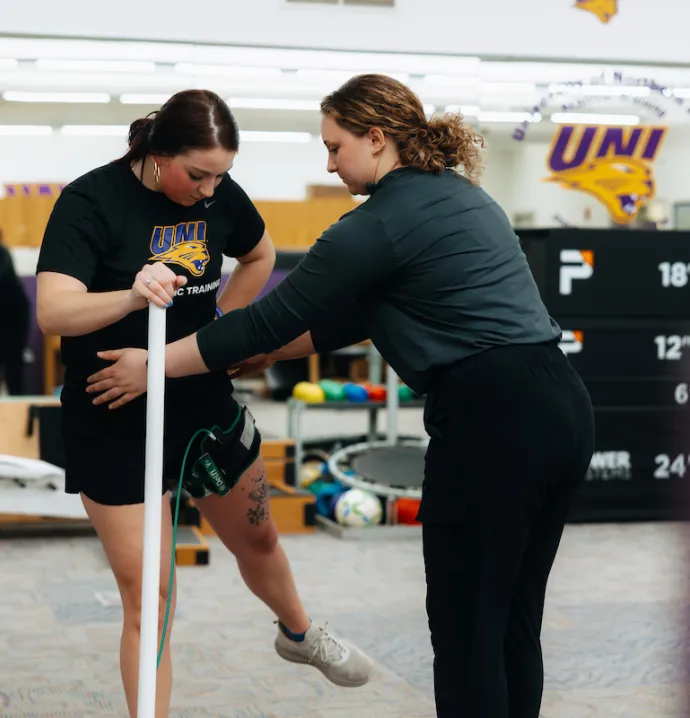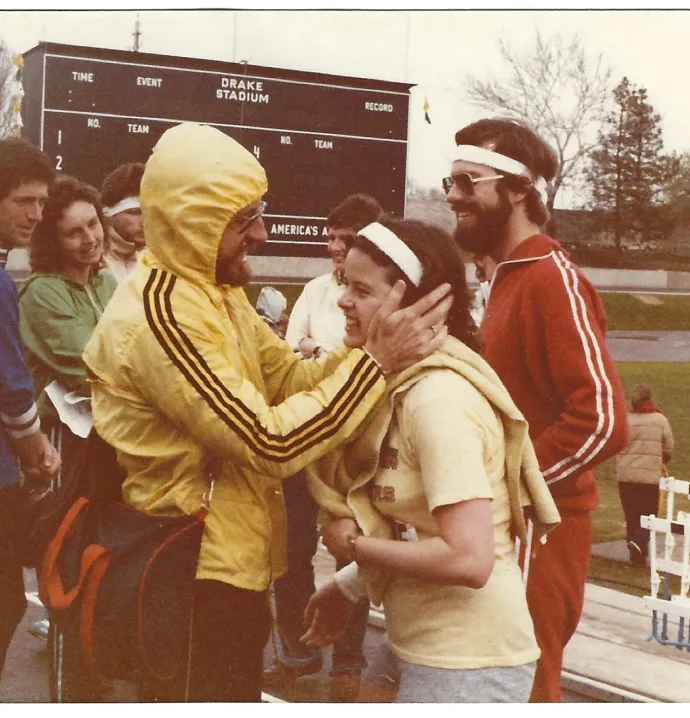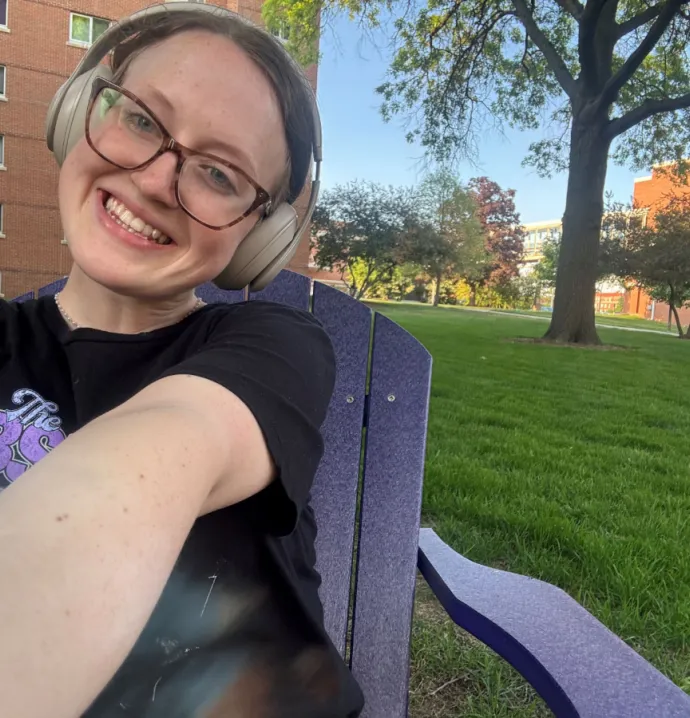UNI forms 3+1 family services program with university in Kosovo
UNI forms 3+1 family services program with university in Kosovo

The University of Northern Iowa’s close relationship with the people and academic institutions of Kosovo continues to strengthen and expand. Last year on a trip to Kosovo with a delegation led by President Mark Nook, Bill Henninger formed a relationship with a university that has now resulted in a formal memorandum of understanding with UNI’s family services program. Because of this agreement, students in Kosovo can attend the University of Gjakova for three years and UNI for one year and end up with a degree from both universities.
“That's really useful for Kosovar students, because a U.S. degree is very valued over there,” explained Henninger, head of the Department of Family, Aging & Counseling and associate professor of family studies.
As a relatively new country, Kosovo lacks human services and mental health services. The country is still building infrastructure to address these needs.
“We're a good place for them because we have a pretty mature system that is very similar to what they want to build,” said Henninger. “So it kind of helps their students see how we operate. They are very eager to learn and engage.”
Henninger said Americans can learn a lot from the people of Kosovo when it comes to family services. They have a different approach to older adult care that is more family-oriented.
“They also don't have the scale of wealth and resources that we have, so what they do with what they have is pretty impressive,” he said.
Although the 3+1 agreement is for Kosovar students, Henninger said there are benefits for UNI students and UNI as an institution as well.
“It increases diversity in our university, which is really big,” he said. “It exposes me as a faculty to things I don't know about, and that helps me learn and introduce my colleagues to new things as well. It also allows UNI to go out and do things that help increase our profile.”
In addition to Henninger, Ferdi Kamberi, dean of the College of Social Sciences for the University of Gjakova, played a vital role in forming the 3+1 agreement. Since their initial meeting last year, the two have had many conversations over Zoom and even wrote an article together they have submitted for publication.
In the future, Henninger hopes Kamberi will be able to deliver guest lectures at UNI, either virtually or in person. He also hopes UNI may be able to send some students over to Kosovo.
“I’d love for our students to have the opportunity to interact with someone from a totally different culture, not just the language they speak but their experiences as well,” said Henninger.




